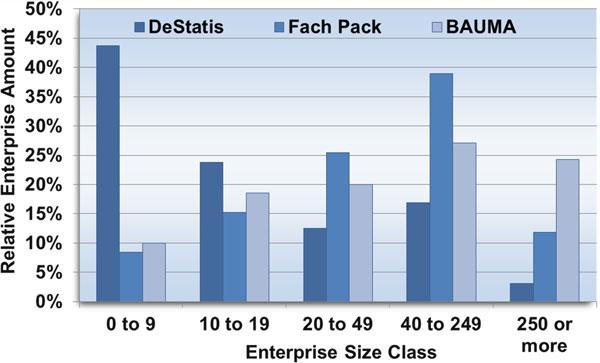Preface
vii
The nine chapters mentioned in the above paragraph correspond, in Shane and Venkataraman’s definition, to “the processes of discovery, evaluation, and exploitation of opportunities” and they refer explicitly to innovation or strategic and organizational changes that involve innovation. The economic crisis is always present in the research, either as the context of the research whose results are applicable to the crisis or as one of the research objectives. Chapters 6, 13, and 16 correspond to the last part of Shane and Venkataraman’s definition of entrepreneurship and, using different approaches to the individual entrepreneur, examine the relationship between risk and income for self-employed accountants in Germany (Chap. 13), analyze the profile of young entrepreneurs in Spain in a time of economic crisis in the health, beauty, and sports industries (Chap. 6), and in the same direction but with a more general approach, Chap. 16 looks at the profile of young entrepreneurs in Spain in a time of recession. Finally, Chaps. 2, 3, 9, 11, and 12 refer to the determinants of entrepreneurial activity. Determinants may be external, such as a rural or urban location, or the existence of networks (Chap. 2); or the action of institutions providing flexible training, culture, and creativity related to certain industries (Chap. 11). Determinants may also be internal when they correspond to the entrepreneur’s culture and values (Chap. 3), company capital, or the characteristic relationships in family firms (Chaps. 9 and 12). Taken as a whole, we hope that these chapters will establish a broad useful overview of entrepreneurship, innovation, and crisis for academics, politicians, and entrepreneurs. The diverse approaches to the topics are one of the book’s most significant contributions. Valencia, Spain Aalen, Germany Madrid, Spain
Marta Peris-Ortiz Klaus Rüdiger Alicia Blanco-González
References Covin JG, Slevin DP (1986) The development and testing of an organizational-level entrepreneurship scale. In: Ronstadt R, Hornaday J, Peterson R, Vesper KH (eds) Frontiers of entrepreneurship research, Babson College, Wellesley, MA, pp 628–639 Covin JG, Slevin DP (1991) A conceptual model of entrepreneurship as firm behavior. Entrepreneurship Theory and Practice 16(1):7–24 Filippetti A, Archibugi D (2010) Innovation in times of crisis: national systems of innovation, structure and demand. Res Policy 40(2):179–192 Kalecki M (1968) Trend and the business cycle. Econ J 78:263–276 Klapper L, Love I (2011) The impact of the financial crisis on new firm registration. Econ Lett 113:1–4 Lassen AH, Gertsen F, Riis JE (2006) The nexus of corporate entrepreneurship and radical innovation. J Compilation 15(4):359–372 Robson PJA, Haugh HE, Obeng BA (2009) Entrepreneurship and innovation in Ghana: enterprising Africa. Small Bus Econ 32:331–350






